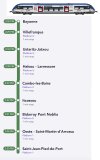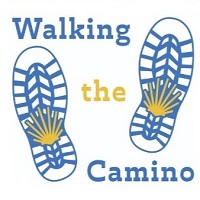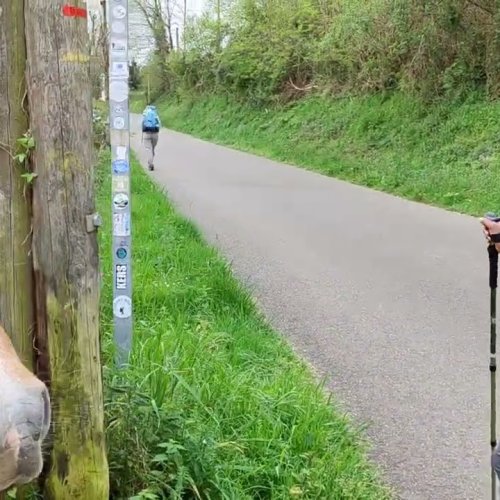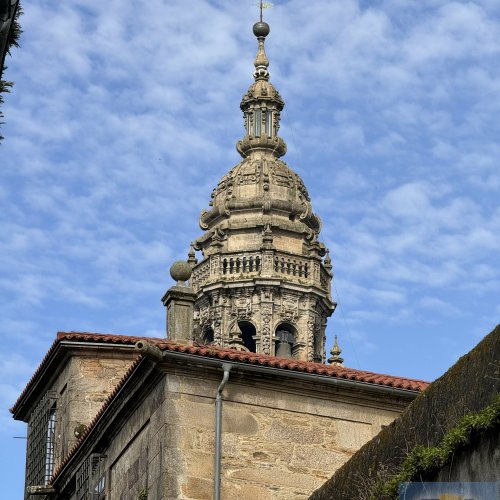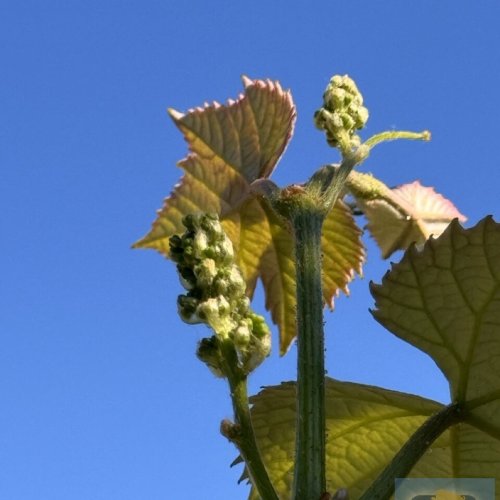HBS60
Active Member
- Time of past OR future Camino
- August 2024 (planned)
Greetings!
I’m planning my Camino in August, planning to start at SJPDP. I’ll arrive a few days earlier and plan to stay 2-3 days prior to starting the Camino, so I’m planning a little side trip to Cambo-Les-Bains (just 30 km away, and easy train ride if I understand correctly).
I’m a native Spanish speaker and speak English fluently, but…no French. Despite the common Latin origin, for the life of me I couldn’t make sense of French spelling or pronunciation, other than recognizing a word here and there.
I’m not worried about getting by on SJPDP, since they have visitors from all over the globe, but if I go outside that area, would it be better to speak in English or Spanish? French have the reputation (not necessarily deserved, but the stereotype is there) that they dont’ like English speakers, but that being said, I have no idea on whether I can get by in Spanish. As I understand it, they are also part of the Basque Country, they speak Euskera (of which I know nothing), but given the Basque history, I dont’ know how they feel about the Spanish.
I’ll try to learn the basic phrases, but I don’t know if I’ll be able to understand things like train announcements, etc.
I’m sure many of you are experienced travelers that have dealt with the similar issues, so know i should be fine, but any pointers will be appreciated.
Thanks!
I’m planning my Camino in August, planning to start at SJPDP. I’ll arrive a few days earlier and plan to stay 2-3 days prior to starting the Camino, so I’m planning a little side trip to Cambo-Les-Bains (just 30 km away, and easy train ride if I understand correctly).
I’m a native Spanish speaker and speak English fluently, but…no French. Despite the common Latin origin, for the life of me I couldn’t make sense of French spelling or pronunciation, other than recognizing a word here and there.
I’m not worried about getting by on SJPDP, since they have visitors from all over the globe, but if I go outside that area, would it be better to speak in English or Spanish? French have the reputation (not necessarily deserved, but the stereotype is there) that they dont’ like English speakers, but that being said, I have no idea on whether I can get by in Spanish. As I understand it, they are also part of the Basque Country, they speak Euskera (of which I know nothing), but given the Basque history, I dont’ know how they feel about the Spanish.
I’ll try to learn the basic phrases, but I don’t know if I’ll be able to understand things like train announcements, etc.
I’m sure many of you are experienced travelers that have dealt with the similar issues, so know i should be fine, but any pointers will be appreciated.
Thanks!







